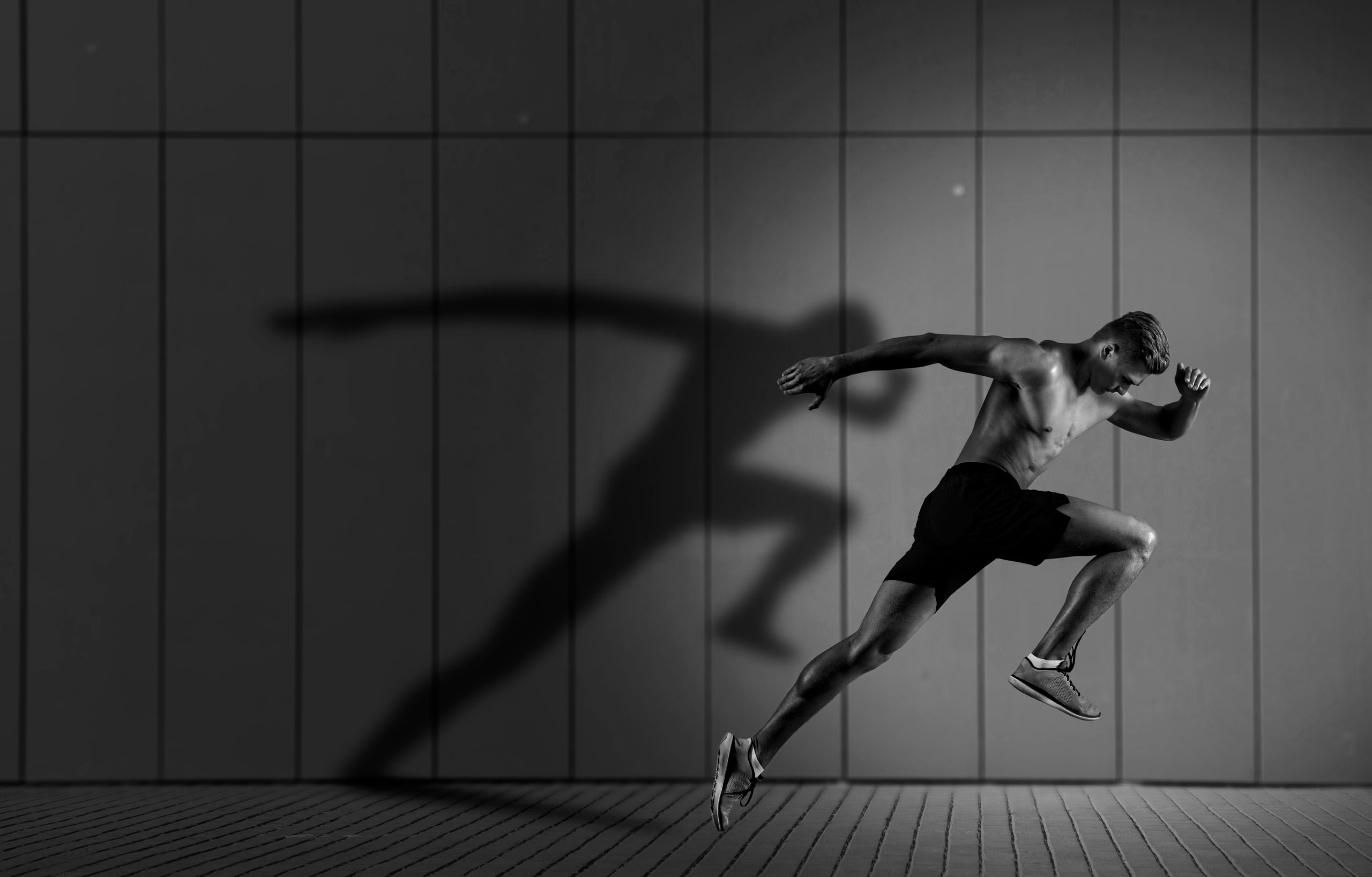Flow, also known as “the flow state,” is a mental state of complete immersion and focus in an activity. When in a state of flow, individuals experience a heightened sense of enjoyment, creativity, and productivity. This occurs when the individual’s level of skill and the level of challenge of the task they are performing are well-matched, leading to a state of optimal engagement and focus. Flow can have a profound impact on personal growth and development, and this blog post aims to provide a comprehensive guide to discovering and maximizing your flow experiences.
Understanding the Flow State
What is flow and how it feels
Flow is a state of being where one is completely absorbed and focused on the task at hand. It feels effortless and enjoyable, and the individual experiences a sense of timelessness. In contrast to other mental states, flow is characterized by a lack of self-consciousness and a heightened sense of creativity and productivity.
The relationship between skill and challenge
Flow occurs when the level of skill and the level of challenge of the task are well-matched. If the task is too challenging, the individual may feel overwhelmed and discouraged. If the task is too easy, the individual may feel bored and disengaged. It is important to find the right balance between skill and challenge to experience flow.
The difference between flow and other mental states
Flow is often contrasted with other mental states, such as boredom and stress. Boredom occurs when the task is too easy and lacks challenge, while stress occurs when the task is too difficult and overwhelming. Flow is characterized by a sense of enjoyment and effortlessness, whereas boredom and stress are characterized by negative emotions.
The benefits of flow experiences
Flow experiences have numerous benefits, including increased happiness, improved well-being, and greater overall life satisfaction. They also help individuals develop new skills, overcome obstacles, and build resilience. Moreover, flow experiences can help individuals better understand their own abilities, interests, and motivations, leading to a greater sense of purpose and fulfillment.
Identifying Your Flow Triggers
Assessing your interests and passions. To identify your flow triggers, it is important to understand what you are passionate about and what activities bring you the most enjoyment. This can be a useful starting point for finding opportunities for flow.
Understanding your strengths and weaknesses
In addition to your interests, it is important to understand your strengths and weaknesses. This can help you identify activities that are well-matched to your skills and abilities, and can help you find a balance between skill and challenge.
Finding the right balance between skill and challenge
As mentioned earlier, flow occurs when the level of skill and the level of challenge are well-matched. To find the right balance, it is important to experiment with different activities and to set achievable goals that are challenging but not overwhelming.
Experiment with different activities to find your flow triggers
To find your flow triggers, it is important to try different activities and see what works best for you. This can include trying new hobbies, sports, or creative pursuits. It is important to be open-minded and embrace the process of discovery.
Building Flow into Your Daily Life
Incorporating flow into your work and personal life
Once you have identified your flow triggers, it is important to incorporate them into your daily life. This can include setting aside time for your hobbies and interests or finding ways to make your work more enjoyable and engaging.
Finding opportunities for flow in unexpected places
Flow can occur in unexpected places and in unexpected ways. For example, you may experience flow while volunteering, cooking, or gardening. It is important to be open-minded and to look for opportunities for flow in your daily life.
Setting realistic goals to maintain flow
To maintain a state of flow, it is important to set realistic goals and to continuously challenge yourself. This can include setting achievable goals for your hobbies, work, and personal life, and continually seeking out new opportunities for growth and development.
Being mindful of distractions and interruptions
To stay in a state of flow, it is important to minimize distractions and interruptions. This can include finding a quiet space to work or relax, turning off your phone, and avoiding multitasking. It is important to focus on the task at hand and to stay fully engaged and in the moment.
Conclusion
Flow is a powerful and transformative mental state that has the potential to greatly enhance our personal growth and development. By understanding the flow state, identifying your flow triggers, and building flow into your daily life, you can unlock your potential and maximize your performance. So, take the time to explore and discover your flow, and see the positive impact it can have on your life.
If you would like to learn more about flow and how to incorporate it into your life, we encourage you to book an appointment with Dr. Jeff Ditzell today.
Dr. Ditzell is a renowned expert in the field of psychiatry and can help you develop strategies for finding and maintaining your flow. Don’t wait – take the first step toward discovering your flow today!
Discovering Your Flow State: A Guide to Unlocking Your Potential and Maximizing Your Performance

+ show Comments
Dr. Jeff Ditzell, D.O. is the lead psychiatrist at Dr. Ditzell Psychiatry with over 25 years experience treating people for Anxiety, Depression, OCD, PTSD, Adult ADHD, Bipolar Disorder, using ketamine treatments, psychotherapy, and so much more.
- Hide Comments
add a comment